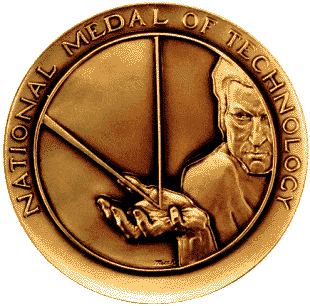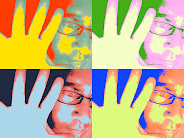
"Drink while urinating
For hundreds of thousands of years the vast majority of humans have lived and died without trying the following experiment. It is, however, both extremely straightforward and extremely interesting.
Like everyone else, you urinate. And at other moments you drink. What you do not know is what it feels like to do both at the same time. This experiment will show you.
So, just have a large glass of water at hand. When you begin to urinate, start drinking. As far as possible, you should try to drink the water straight down, without pausing. You will feel quite bizarre sensations almost immediately. The water you evacuate seems to be synchronized with that entering your mouth. You will then visualize, and above all feel, your body to be organized in a way which until then you had never imagined possible. The water you are drinking seems to exit directly from your bladder. In a few seconds you will feel directly wired, from throat to urethra, from stomach to bladder-a physiology that is impossible but that you intuit, directly and unquestionably, to be real.
It has taken no more than a few moments for you to discover this wonderfully simple body, and you feel there can be no other. No more intestine, no kidneys, no filtration time, no waiting. Water pours through you vertically, a cool liquid washes through you in a peculiar and palpable way. Your system seems to have opened inside out, with the water flowing smoothly from inside to outside. It is like-take your pick-the cosmic flux or an automatic washing machine.
This experiment, which can be repeated indefinitely, that costs nothing and is likely to procure ever new sensations and surprises, had not hitherto been considered a thermal cure."
Philosopher and Le Monde columnist Droit's strange and delightful little volume explores some of the biggest questions in philosophy with exercises instead of terminology-laden tracts, by encouraging readers to discover the ways in which small or familiar acts-fasting, prowling, playing, telling a stranger she's beautiful-can become "the starting point for that astonishment which gives rise to philosophy." Each of the 101 exercises is carefully, even lovingly explained, with duration, necessary props and intended effect listed first. Exercise #31, for example, instructs readers to "Watch dust in the sun": it should take about 15 minutes, a room and sunlight are needed, and its effect is "reassuring." When a ray of sunlight enters a dark room, an "invisible world" of sparkling dust reveals itself-a symbol of the "stratum of existence that is both invisible and present" always. There are other worlds within ours, Droit reminds us, worlds that we might be able to see with only a metaphoric readjustment of shutters. There are exercises to calm, to disorient, to humanize, to displace; for instance, listening to shortwave radio at night, Droit writes, will help readers realize that "perpetually around you, woven into the air...are these hundreds of voices murmuring, in dozens of unknown or unrecognizable languages, of which you know nothing, expect that they spread an obscure and changing human crust, unendingly, over everything."
















No comments:
Post a Comment
Whaddaya think?